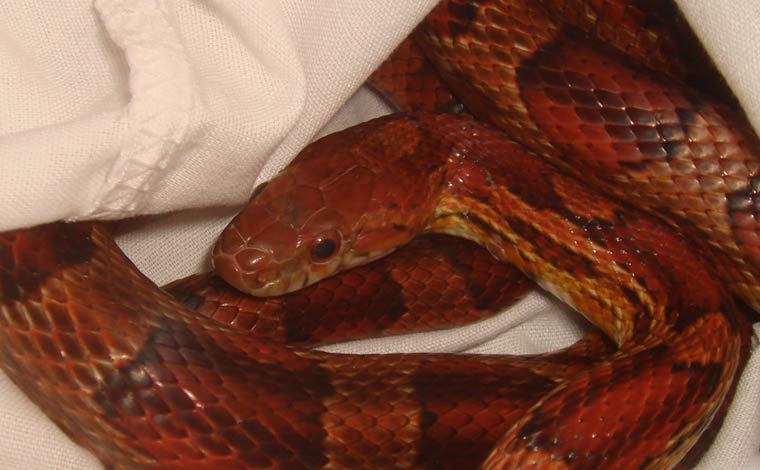-
info@aaanimalcontrol.com
Call us for help in your town
Humane Wildlife Education
Is it okay to poison a wild animal?
Need wildlife removal in your hometown? We service over 500 USA locations! Click here to hire us in your town and check prices - updated for year 2020.
There is only actually one real registered poison on the market that you can buy to use in your home. This is rat or mouse poison, and even though you can legally buy and use it, it is actually one of the worst things you can turn to in terms of wild animal control and removal.

What happens when you poison a rat or mouse?
The way that poison works means that it can take days, weeks, and in many cases, several months to take any effect. When it does take effect, it’s not the quick, painless death that you are promised when you buy the stuff. Nine times out of ten, rat and mouse or rodent poison is marketed as a safe, humane, and painless way to deal with a rodent problems. Sadly, this is very, very rarely the case.
One of the most common types of rat or rodent poison you’ll come across is called bromadiolone, which is a type of anticoagulant. This is often used to thin the blood in humans, and in smaller creatures, such as mice and rats, it works to stop the blood from being able to clot.
First introduced commercially in the 1980’s, it was the first that was said to be able to kill an animal in just one dose, unlike other, older forms of poison which often required the rodent to eat from the poison many times over before taking effect.
Despite being more potent and generally doing the job, using rat poison doesn’t always work as well as it should. This is definitely the case if you're trying to use it to kill an animal that isn’t as small as a rodent. Homeowners often look towards rodenticides as a big to get rid of a whole host of wild critters, but this proves pointless. The only dosage listed on the bottle or packet is suitable for a small rodent only. You would need a much bigger dose for much bigger animals, and this is when other animals, including your pets, are at risk from being poisoned too. When the poison is left unsupervised, all manner of other creatures could get access to it.
When rats and mice have consumed the poison, usually placed in traps, the little rodent bodies are unable to clot blood, mostly because of the way that vitamin K recycling is affected. When their stores of this vitamin run out, the animal eventually bleeds to death, but as you can imagine, this can take some time. Rat poison will not work overnight, or even over a few days. Instead, it takes however long it takes for the body’s vitamin K reserves have run out. If the rodent eats largee quantities of the poison, the process can be quite quick. If the rodent only takes a nibble, however, it can take considerably longer.
In the time that it takes for the rodent to die, it will likely head right back to its nest. Isn't that what you would do when you feel unwell? Head to bed and try sleeping it off? That’s essentially what wild animals do when they feel unwell too. Sadly, in the case of a poisoned rat or mouse, the outcome isn't so happy. Once the poison starts to work, the vitamin K stores continue to deplete, and it is a long, slow and painful decline to eventual death.
We would NEVER recommend that you use poison in your quest to rid your home of wild animals, even smaller rodents, such as rats and mice. If you poison these rodents, you’ll then need to find the bodies. If you don't know where they are, the decomposing corpses will start to smell out your building. Alternatively, you may kill a mother rat and leave her babies in the nest. Eventually, they too will die, usually of starvation, without their mother to feed them. Once again, they become your problem. You will need to find them and remove them.
If you use poison to rid your home of rats or mice, or any other wild animal (there are no registered poisons for other wild animals), be prepared to have many problems open up right in front of you.
For more information, you may want to click on one of these guides that I wrote:
How To Guide: Who should I hire? - What questions to ask, to look for, who NOT to hire.
How To Guide: do it yourself! - Advice on saving money by doing wildlife removal yourself.
Guide: How much does wildlife removal cost? - Analysis of wildlife control prices.
animals in the attic
noises in the attic
The Truth About Squirrels and Poison


















